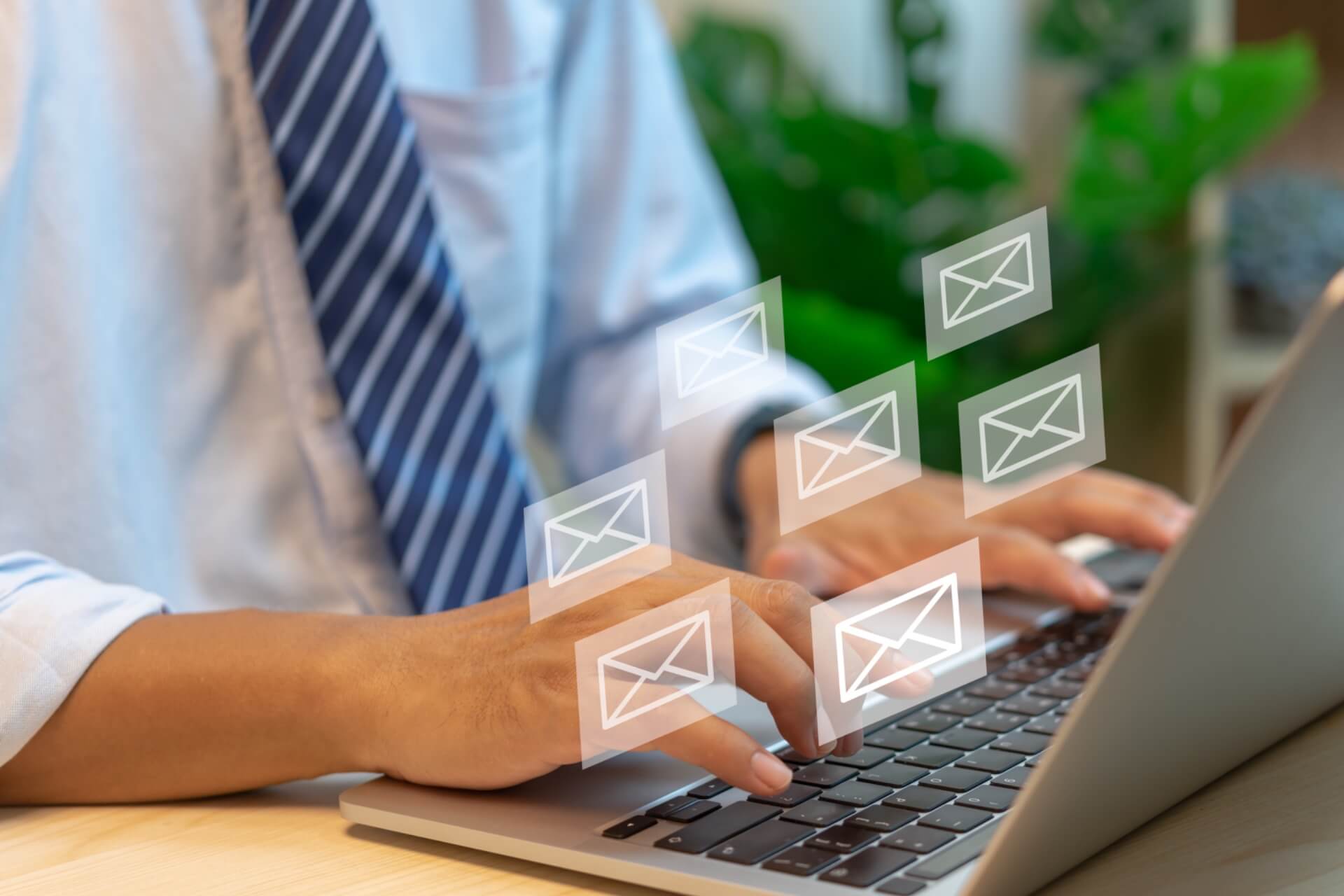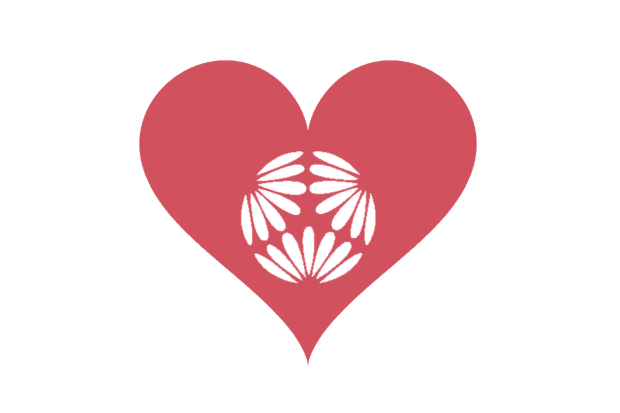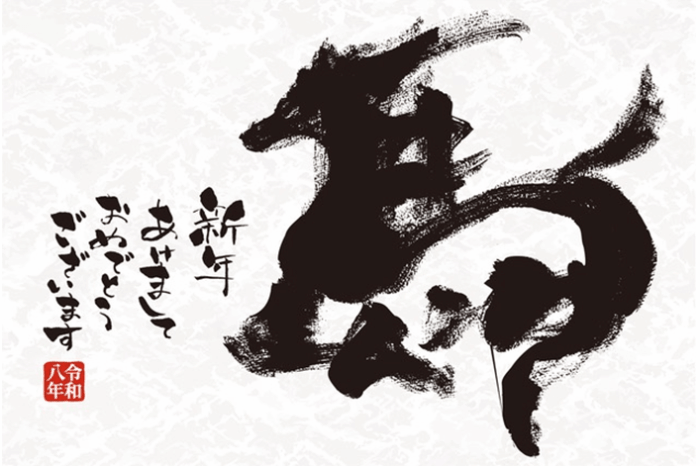
Last Updated: 30 Jun 2025 Three tips to get Japanese people to read and respond to your emails
By Pernille Rudlin
A British participant in one of my recent training sessions asked me why her Japanese colleagues so often start their e-mails with “Hoping this finds you well”. She found it quaintly polite. I explained that in the days before e-mail, when business correspondence was more formal, it was standard practice to begin letters in Japanese with comments regarding the seasons, gratitude for the continued custom, and solicitous remarks regarding the recipient’s health and fortune. Perhaps, therefore, her colleagues were trying to carry on that tradition.
A Japanese acquaintance has added a second explanation. I mentioned to him that one of the major frustrations for Europeans working in or with Japanese companies is the lack of response to e-mails sent to Japanese counterparts in the company headquarters. He said that often if the e-mail is very short, with no opening remarks, his colleagues assume it is not an urgent request and just an informal comment. Also, if the e-mail does not have “Dear X-san” at the start, they think they are just being copied on a message, and therefore no reaction is required.
Although I do often recommend a “personal touch” to start an e-mail to Japanese people, it does seem to contradict my other recommendation, which is to keep e-mails as short as possible. I know I have an allergic reaction to long e-mails in Japanese, resisting reading them until I’ve had at least one cup of coffee, and you can be sure that many Japanese have an equally allergic reaction to densely written English.
If the e-mail is too long, particularly with big chunky paragraphs of English, and the action point is buried near the bottom, the recipient may not read it all, and therefore miss what response was required. Chopping long paragraphs up into numbered bullet points is one tactic that many Japanese have told me they appreciate. The action point or conclusion should be brought up to the top of the e-mail, or if the logical flow does not allow for this, highlighting it in bold, and in a different color, will help the English-phobic spot what is required of them.
The third recommendation for getting a quicker response does not have so much to do with the format as with the personal relationship. The plain fact is that e-mails written in English are going to get a lower priority than e-mails written in Japanese because most Japanese companies still prioritize domestic sales and domestic customers over foreign ones. If the e-mail is in English, the chances are it is about a foreign customer. In fact I have found in the past that some Japanese companies’ spam filters throw almost everything in English into the junk-mail folder.
The only way to overcome the mental spam filter is to have met your counterparts and established a good relationship with them. Then, when they see your English e-mail in a sea of other Japanese e-mails, instead of putting it off to another day, they will spot your name and take a quick look to see what you are asking because they feel personally obligated to you. A gentle reminder of the personal relationship in your opening remarks will reinforce this – another explanation as to why Japanese sometimes put “hoping this finds you well” in their e-mails.
Pernille Rudlin, European Representative, Japan Intercultural Consulting
This article originally appeared in the 23rd February 2009 edition of the Nikkei Weekly.
Pernille Rudlin is facilitating an open seminar on April 29th in London – “Working Effectively with Japanese Colleagues and Partners” The same seminar is also being held in London on June 10th.
Other articles you may be interested in:
CONFIDENTIALITY AND INFORMATION EXCHANGE
TANAKA-SAN OR TEX? WHAT TO CALL JAPANESE
Related articles
Save 20% on Japan Training — Limited Valentine’s Offer
We love our clients, so we’d like to give you a special Valentine’s Day treat: from
Communicating Effectively with Japanese – February 24, 2026, 2pm-4:30pm EST
A focused, high-impact 2.5-hour seminar for U.S. professionals Working with Japanese colleagues, cus
New Year Greetings and 2026 Updates from Japan Intercultural Consulting
As we begin the new year, I would like to extend my sincere thanks to all of you who worked with and




